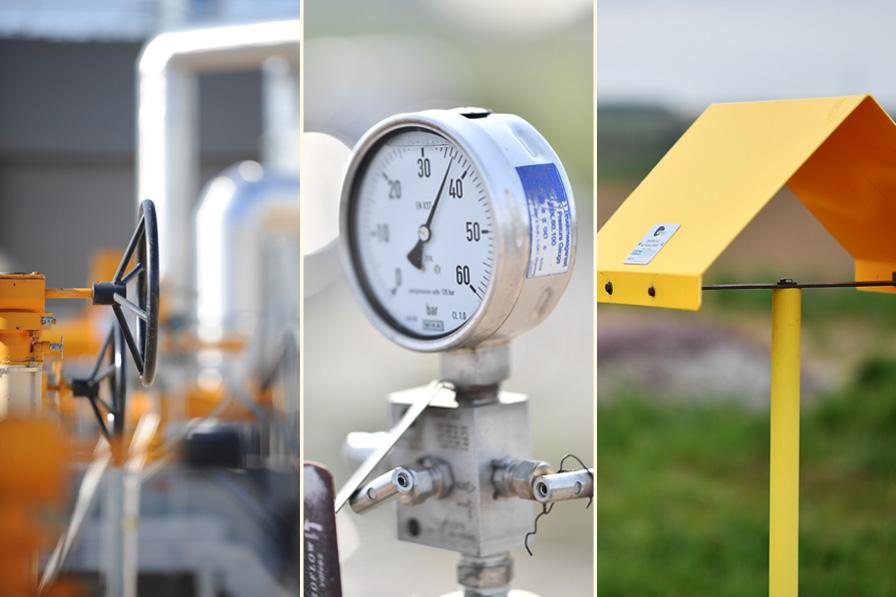Winter 2022-2023

Today, GRTgaz, the leading gas distributor in France, assisted by Teréga (a distributor in south-west France), presented a forecast of the French gas system for winter 2022/2023. Gas distribution operators are making every effort to manage the gas supply in close conjunction with France’s electric transport operator and the public authorities.
Forecasts show that, in an average winter, the French gas system can meet demand while keeping the electric transport network running and actively contributing to Europe’s solidarity policy. Tensions may however arise during the winter months. To alleviate pressure, gas and electricity sobriety measures need to be introduced immediately to reduce the risks of enforcing consumption limits (contracted interruption or load shedding), which only affects large consumers.
A new picture for gas flows
Caused by the war in Ukraine, gas flows historically coming from Eastern Europe have been reversed. Gas transits from Germany have gradually depleted since summer 2022; GRTgaz is doing what it can to adapt its network to develop new export capacity from France to Germany which will be ready by mid-October. Flows coming previously from Belgium have also been put in reverse mode.
Imports of LNG have soared. LNG terminals are available at their maximum capacity. Now 90% full, they have
played a key role in maintaining France’s gas supply since early 2022.
Since early spring, stores have been correctly filled: their fill rate is already at 94% (compared with a European average of 84%) and will be close to 100% by the start of winter.
French winter gas system forecasts
A number of consumption scenarios have been drawn up for winter:
- A benchmark scenario, based on an average winter without extreme cold spells, shows a balanced system with no gas shortages (inputs and outputs of 393 TWh). However, this scenario leaves little room for manoeuvre, in particular on peak consumption days. Every source will have to be exploited (stores and imports via LNG terminals and adjacent networks) to satisfy domestic demand, including electricity production and exports to neighbouring countries.
- If this winter is very cold, winter shortages could reach 16 TWh, representing 5% of winter consumption, an absorbable level if the sobriety targets set by the public authorities are met.
the first half of winter when stores are strong (because they are still full) would result in a limited daily shortage of 65 GWh/day. However, cold spells, less intense but arising in the second half of a cold winter, could lead to greater daily shortages due to the reduced power of gas stores at that time.1
All available means must be leveraged to avoid potential shortages.
1While stocks are at least 45% full, withdrawal power is above 85 GW (equivalent to 85 nuclear units). Withdrawal power of gas stores gradually falls when they are below 45% full.
Immediately activable levers to guard against shortages
- In the hands of suppliers: careful management of inputs/outputs in the French network and underground stores through winter (including refilling gas stores in the event of milder spells);
- In the hands of consumers: immediate introduction of sobriety measures (1°C less heat reduces consumption by 7%). GRTgaz will make its contribution by deploying, in October, with assistance from ADEME and Teréga, a gas usage information and awareness programme like Ecowatt to help residents, local authorities and businesses know the tension level on France’s gas system and encourage eco-gestures to balance it;
- Activation of contracted interruption arrangements to help industrial companies voluntarily lower their consumption in the event of imbalance on the network.
As a last resort, load shedding aimed at major consumers would help protect residential customers in extreme circumstances (although the probability of this happening is very low).
For the following winters, the commissioning of the floating terminal in Le Havre (FSRU) and the acceleration of the development of renewable gas sources would further reduce risks.